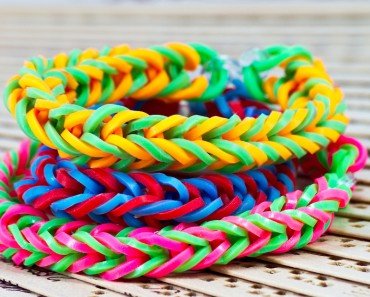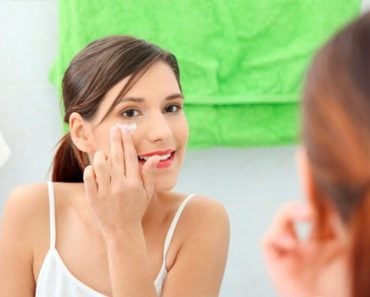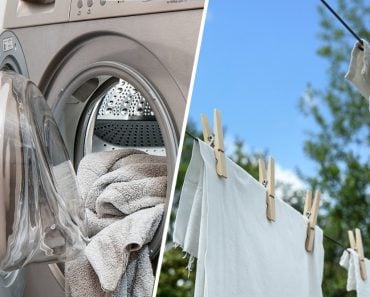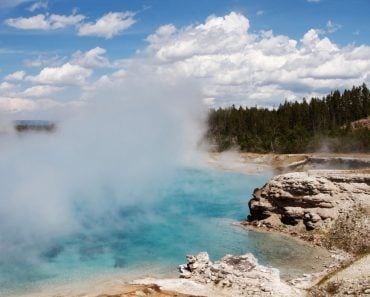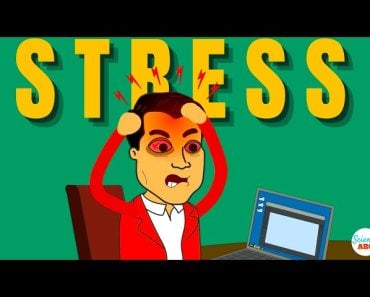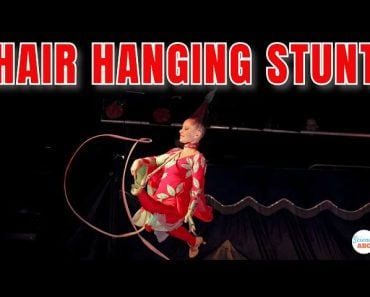Table of Contents (click to expand)
Humidity makes your hair frizz because it causes your hair to absorb moisture from the air, which can affect the protein structure in your hair and cause it to bulge and buckle.
Frizzy hair occurs as a result of dry hair soaking up moisture from the air around it, which can affect the core protein structure in the strand, causing it to bulge and eventually buckle past the cuticle, resulting in a wild, frizzy mane!
For many people in the world, walking outside on a humid day is more than just uncomfortable – it can also wreak havoc on their hair. The battle to overcome frizzy hair is ongoing and seemingly impossible to win, particularly for people with dry or naturally curly hair. The question is, why do humid conditions cause your hair to take on a life of its own? And why do some people seem immune to this unsightly and annoying situation?
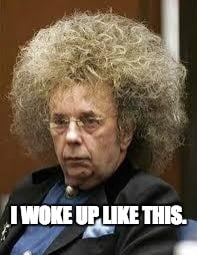
Recommended Video for you:
The Science Of Hair Strands
While a strand of hair may seem incredibly thin to the human eye, when seen under a microscope, there are many different layers and rings, almost like the rings around a tree. The outer layer is known as the cuticle, while the core of a hair strand is called the medulla. The largest of these sections, however, which composes the majority of the volume in a strand of hair, is found in the middle – and is made of keratin proteins.
These keratin proteins form long bundles and attach to one another in various ways to maintain the shape and integrity of your hair. The way they attach, however, is not always the same, which is where this story gets interesting. Some of the proteins form a disulfide bond, which is when two sulfur atoms form a covalent bond. This is quite a strong bond, and will provide strength to your hair.
However, the second common bond between these proteins is a hydrogen bond, which is much weaker, and far more prone to breaking. Basically, whenever your hair gets wet and then dries, new hydrogen bonds are formed in your hair – millions of different weak bonds that could easily get broken by the next splash of water or rainstorm.
As your hair dries, it tends to stay in basically the same shape as when it was wet, which is a good thing, until you walk outside on a humid day. Since there is so much moisture in the air when it is humid, dry hair will begin forming bonds as quickly as possible, which causes countless hydrogen bonds to form between hydrogen molecules, causing the keratin proteins in the center of your hair to fold over on themselves, bulging the outer layer of the hair, and eventually breaching the cuticle. On the large-scale visual level, this means that previously straight strands of proteins become bent and twisted.
The result of this over-saturation of water in the air, in combination with dry strands of proteins eager to attach to water molecules, is frizzy hair!
How To Avoid Frizzy Hair
The best thing about understanding science is making it work for you, and when it comes to frizzy hair, there are a few excellent ways to avoid those bad hair days. First of all, frizzy hair is experienced primarily by those with dry hair, as well as those who use a lot of products or undergo hair treatments.
Given that knowledge, one of the best approaches to avoid frizzy hair is to ensure that your hair is well moisturized. Basically, if your hair is already creating ample hydrogen bonds, humidity won’t be able to affect the shape of your hair very much. If your proteins are already saturated with moisture, they won’t swell and break through the cuticle layer.
People who have bleached, dyed and crisped their hair to an unhealthy state will also be prone to frizzing, as the basic structure of your hair strands may already be compromised, making it easier for things like split ends and frizz. If you overuse shampoo, brush your hair too hard, overheat your hair or regularly get perms, your hair is highly likely to be dry.
The best option for most people is using conditioner more regularly, even instead of shampoo in some showers. The natural oils in your hair will then be allowed to build up, which can also prevent frizzy hair. Applying natural oils like coconut oil and other herbal solutions is also an effective way to increase moisturization of not only your hair, but also your scalp.
Ensuring proper nutrient delivery to every part of the hair will help prevent weakness and breakage, and make you less susceptible to having an exploding puff of hair by the end of a hot summer’s day.
References (click to expand)
- (2007) Evaluation of hair humidity resistance/moisturization from hair .... Europe PubMed Central
- Parbhu, A. N., Bryson, W. G., & Lal, R. (1999, August 21). Disulfide Bonds in the Outer Layer of Keratin Fibers Confer Higher Mechanical Rigidity: Correlative Nano-Indentation and Elasticity Measurement with an AFM. Biochemistry. American Chemical Society (ACS).
- Popescu, C., & Höcker, H. (2007). Hair—the most sophisticated biological composite material. Chemical Society Reviews. Royal Society of Chemistry (RSC).




